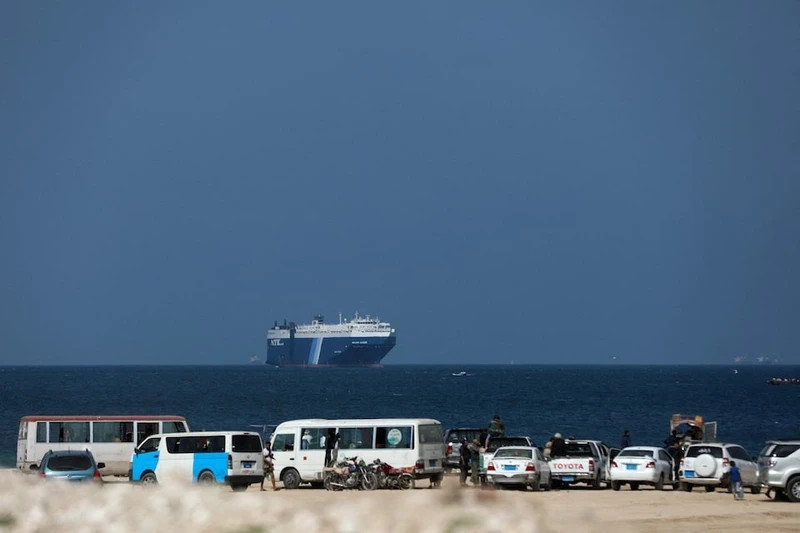The Indian Navy has recently rescued a commercial ship from pirates off the coast of Somalia. Indian forces arrested 35 robbers and rescued 17 crew members of the Malta Flagged Vessel Mv Ruen. They are the latest victims of the recent resurgence of piracy. The Somali pirate group admitted to taking advantage of the situation when international naval forces focused on repelling Houthi attacks, to resume operations after nearly 10 years.
According to data from the European Union Naval Force (EU NAVFOR) Operation ATALANTA, since November, pirates have seized at least two cargo ships and 12 fishing vessels. As of February, the EUNAVFOR had identified five so-called pirate action groups operating in the eastern Gulf of Aden and Somali Basin. The EUNAVFOR has warned that pirates will expand their activities during this rainy season. Representatives from the shipping industry also said, since November last year, Somali pirates have carried out more than 20 attacks and captured cargo ships.
The above developments have driven up prices for armed security guards and insurance coverage. The cost to hire a team for three days ranged from 4,000 USD to 15,000 USD in February, an increase of about 50% compared to the previous month. In addition, shipping companies are also concerned about the risk of large ransom payments. Somali pirate attacks prompted insurance companies to expand the coverage of the area where insurers tack on additional war-risk premiums. Currently, war-risk premiums are getting more expensive for voyages through the Gulf of Aden and Red Sea.
Ensuring security and safety for maritime cargo routes is a major challenge today, when three main global shipping routes are disrupted.
Ensuring security and safety for maritime cargo routes is a major challenge today, when three main global shipping routes are disrupted. In addition to the Red Sea route, there are also flows of grain and oil in the Black Sea after the conflict broke out in Ukraine and shipping routes through the Panama Canal, where low water levels due to drought caused shipping traffic to plummet.
Red Sea is linked to the Mediterranean by the Suez Canal, creating the shortest shipping route between Europe and Asia, accounting for 15% of world shipping traffic. Escalating tensions in the Red Sea have forced major shipping companies to shipping operations, temporarily shifting to the sea route around the Cape of Good Hope. According to data from the International Monetary Fund (IMF)’s PortWatch platform, Suez Canal shipping volumes in the week ending February 13 dropped 55% from the same period a year ago, while volumes around the Cape of Good Hope rose nearly 75%.
According to data from the International Monetary Fund (IMF)’s PortWatch platform, Suez Canal shipping volumes in the week ending February 13 dropped 55% from the same period a year ago, while volumes around the Cape of Good Hope rose nearly 75%.
According to Egypt’s Suez Canal Authority (SCA), tensions in the Red Sea increased ship freight costs from 750 USD to 6,800 USD per container. Fuel and insurance costs have also increased, posing unprecedented challenges for the maritime industry in general and shipping activities through the Suez Canal in particular.
According to the Panama Canal Authority (ACP), traffic through the Panama Canal could return to normal by next February, after record-low water levels forces Panamanian authorities to reduce the number of ships able to transit through here.
The attacks in the Red Sea, part of the world's east-west shipping artery, and incidents of piracy in waters have raised concerns about the disruption of international trade at the mere has just recovered from the COVID-19 pandemic, causing further losses to the global economy. Preventing piracy and attacks is an issue of concern to many countries and requires a coordinated effort to ensure long-term security of important maritime routes, keeping global trade transparent and safe.
















